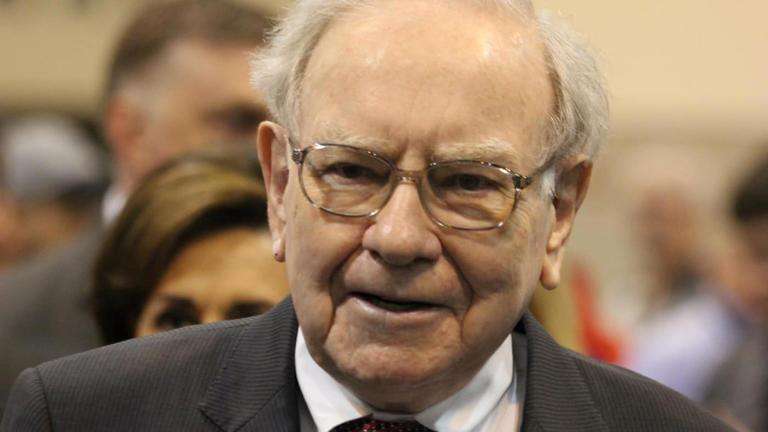The financial world is abuzz with a familiar warning signal, and it's coming straight from the playbook of legendary investor Warren Buffett. The Buffett Indicator, a ratio of the total U.S. stock market's value to the country's Gross Domestic Product (GDP), has reached unprecedented levels, raising concerns that the market may be severely overvalued.
First developed as a "single best measure of where valuations stand at any given moment," the indicator is a straightforward way for investors to gauge the market's health. Historically, a reading between 90% and 135% has been considered a "fair-to-slightly-overvalued" range, a sweet spot for long-term investors. However, propelled by the artificial intelligence boom of late 2023 and 2024, the indicator has surged. The latest available data as of mid-2025 places the indicator at a staggering 200% to 208.58%, a significant jump from its 2021 peak of 194% which preceded a major market correction.
This elevated reading suggests that the stock market's value has grown at a much faster rate than the underlying U.S. economy. While the U.S. GDP saw a healthy 3.0% annual increase in the second quarter of 2024, it simply hasn't kept pace with the explosive growth in stock valuations.
Berkshire Hathaway's Strategy: Selling and Selective Buying
This alarming signal has not gone unnoticed by Buffett himself and his team at Berkshire Hathaway. The firm has been a net seller of stocks for eleven consecutive quarters, trimming or completely selling off positions in major financial institutions like Bank of America, Citigroup, and Capital One. This selling spree is a clear sign that the "Oracle of Omaha" is finding fewer attractive opportunities in a market he sees as expensive.
However, Buffett's actions also offer a nuanced perspective: he isn't selling everything. Despite the market's high valuation, Berkshire Hathaway continues to hold a substantial amount of capital in the stock market and recently made a significant new investment. The firm added $549 million in Domino’s Pizza (NASDAQ:DPZ) to its portfolio.
This seemingly contradictory move highlights Buffett's core philosophy: a focus on solid, long-term business fundamentals over short-term market trends. Domino's, with its 99% franchised model, provides consistent, high-margin revenue from royalties and supply chain operations. It's also proven to be a recession-resistant business, as people continue to order pizza during both good and bad economic times.
A Call for Prudence, Not Panic
While the sky-high Buffett Indicator is a valid cause for concern, it is not a crystal ball. A market crash is not a certainty, and as Buffett's own actions show, panic selling is not a winning strategy.
The message for investors is clear: use the Buffett Indicator as a tool for informed decision-making, not a reason to flee the market entirely. In this environment, a sensible strategy would be to follow Buffett's example: trim overvalued positions, maintain a diversified portfolio, and actively seek out hidden bargains in companies with strong, recession-resistant business models. The hunt for value, even in an expensive market, continues.







.svg)

_1.jpg)